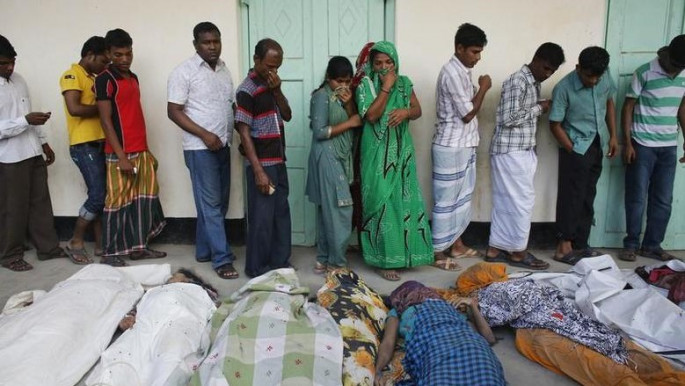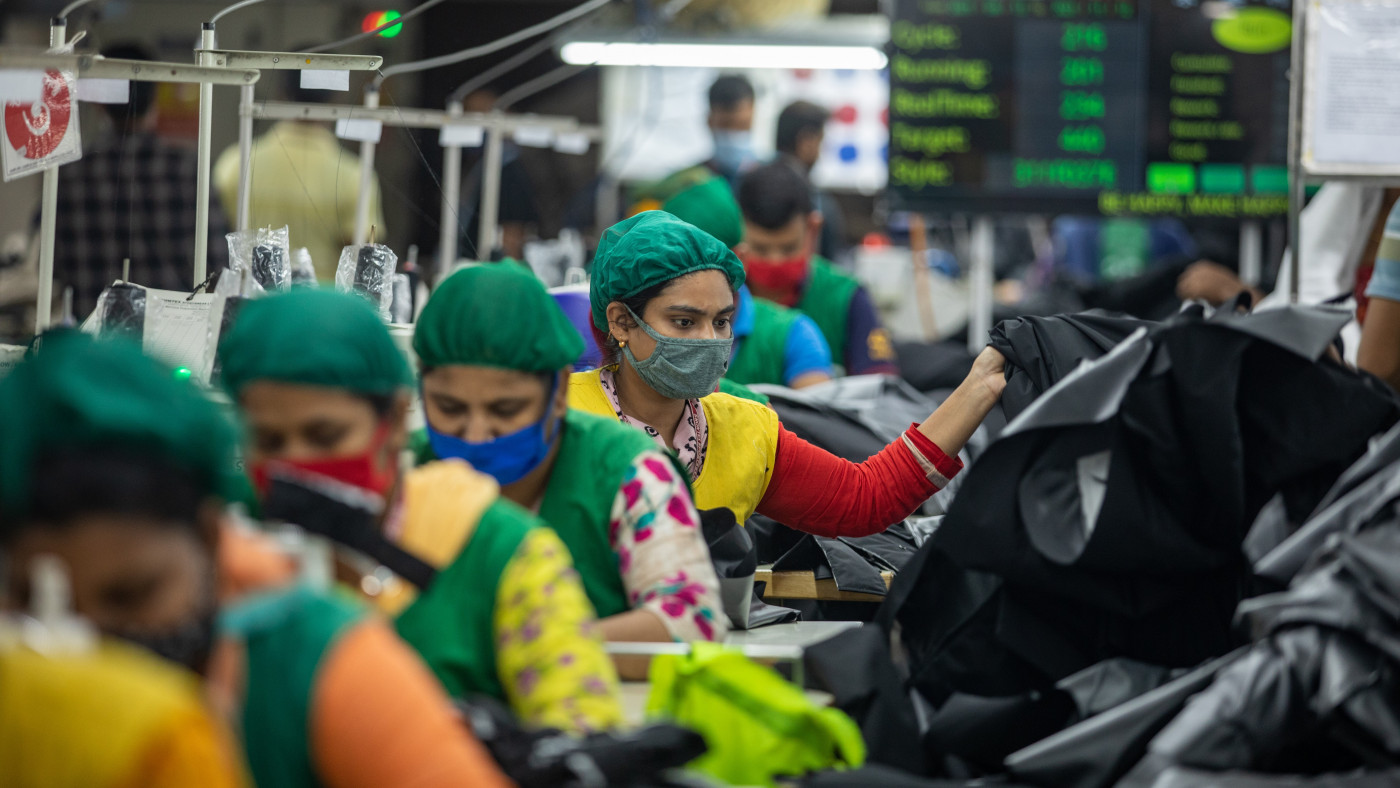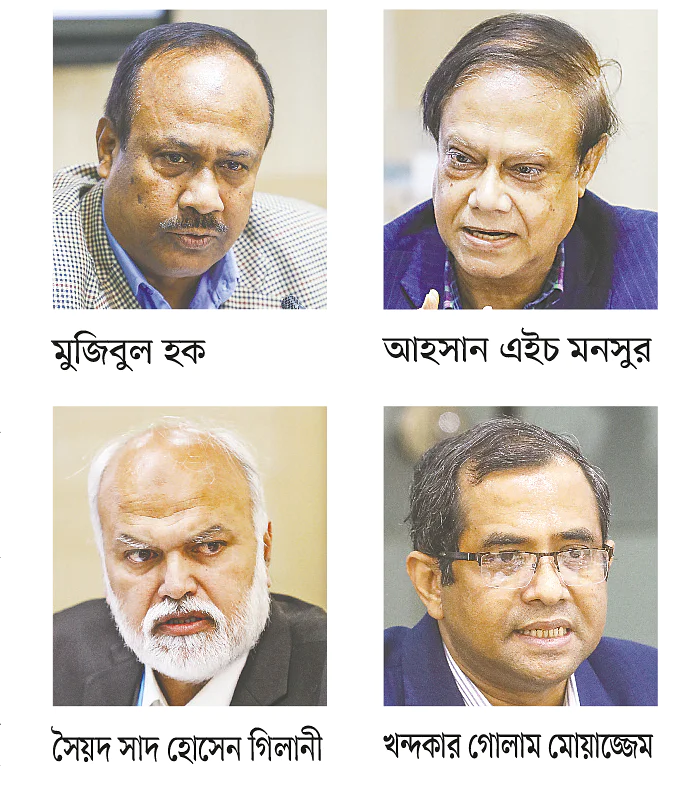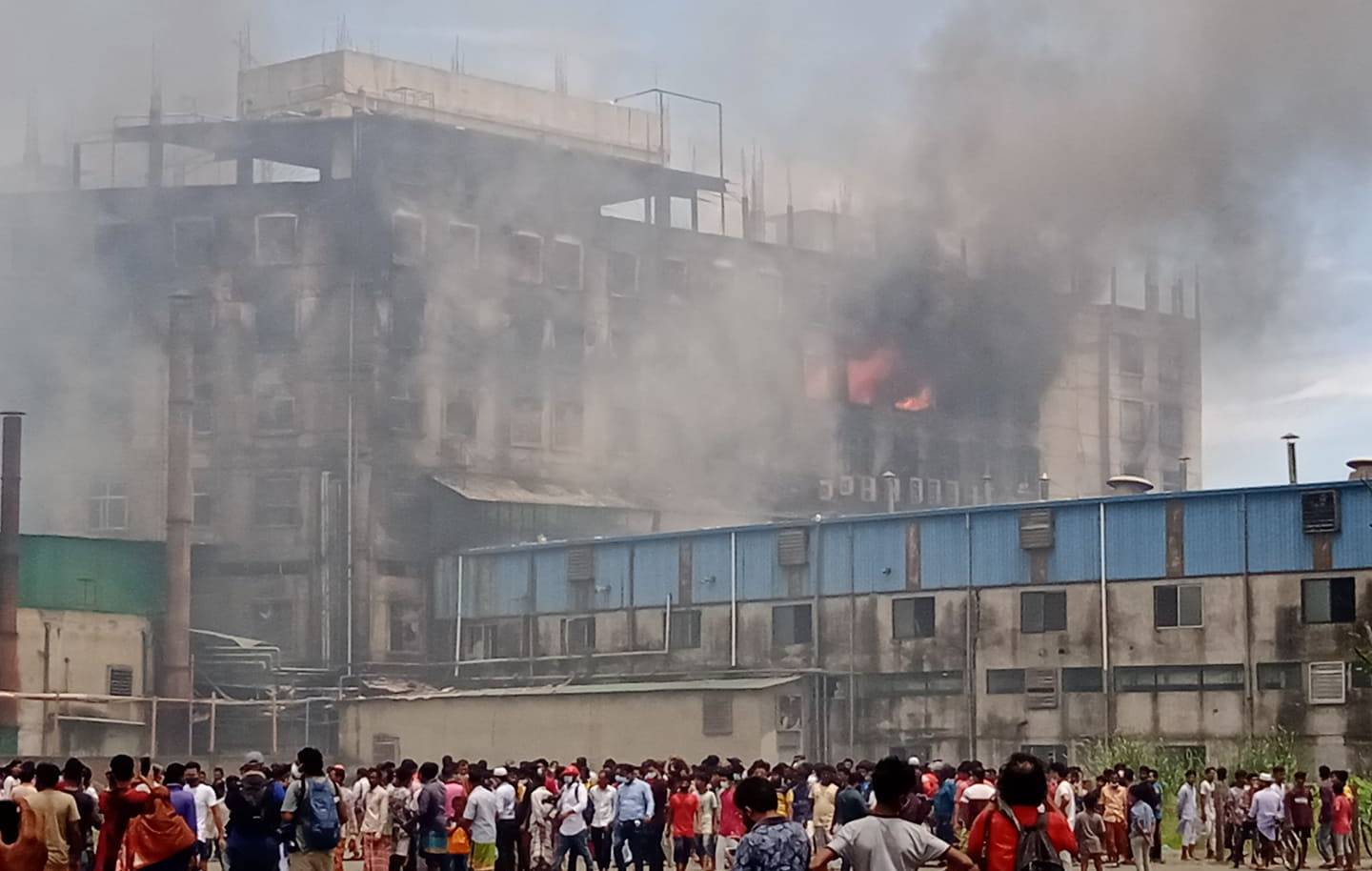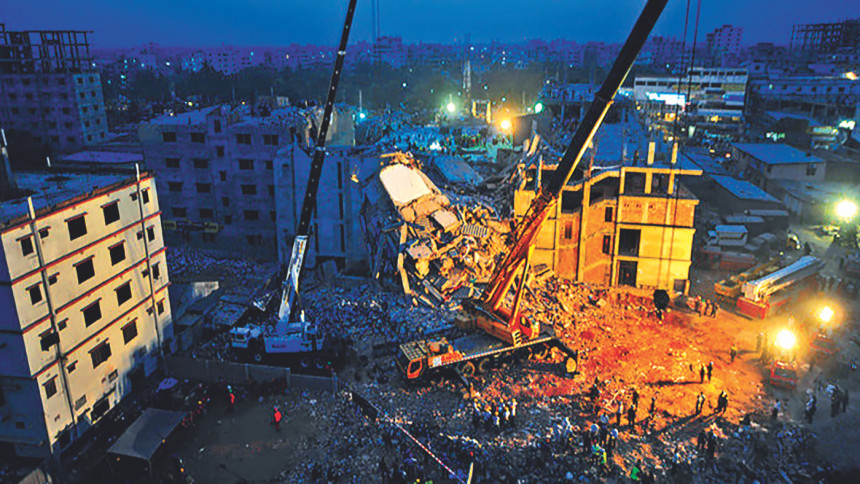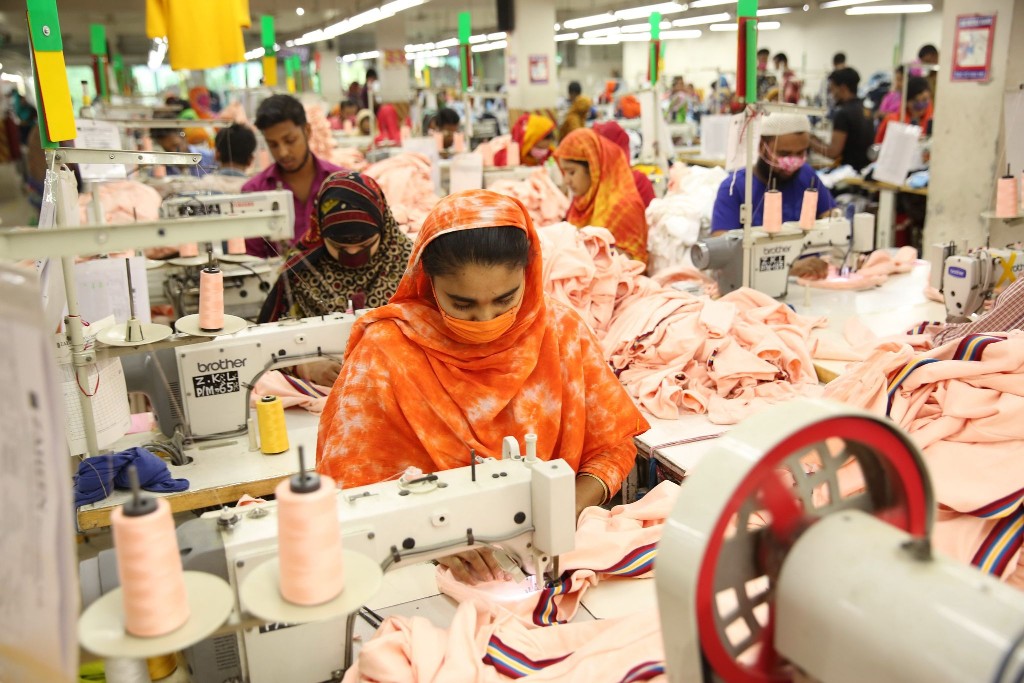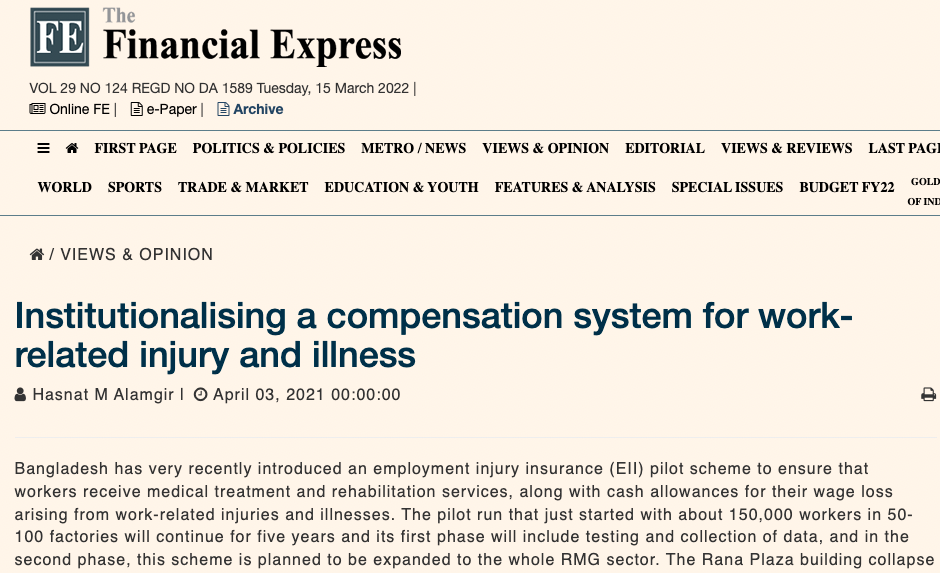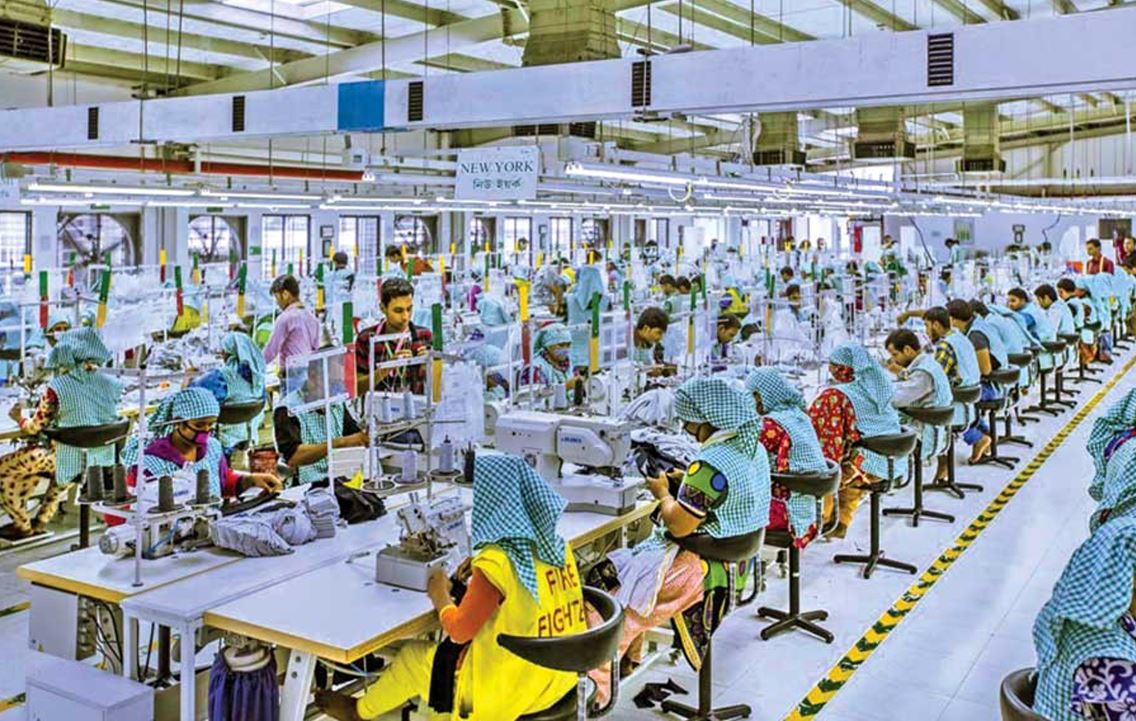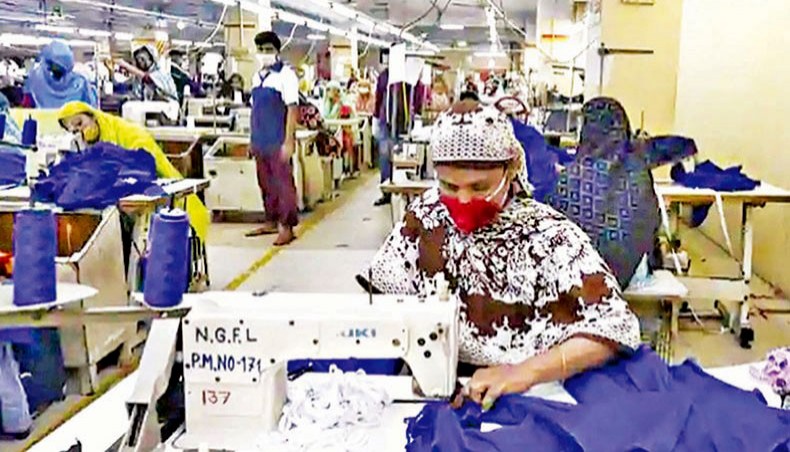News

Feb
2021
Injury-based insurance for apparel workers in the offing
Author: Ibrahim Hossain Ovi
Media Publisher: Dhaka Tribune
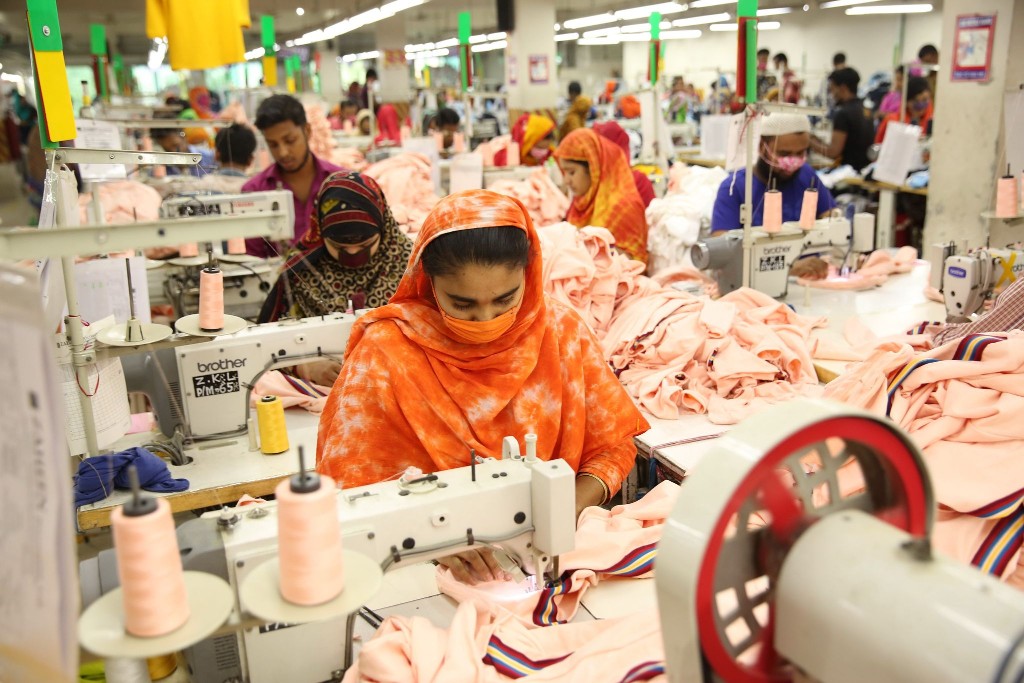
It is not to be mistaken as a general health insurance, as it is only applicable for workplace-related accidents or illnesses
Bangladesh is set to introduce employment injury insurance (EII) in the country’s apparel sector to ensure workers' social protection and long term benefits, in case of workplace injury and/or death.
An EII is a social protection system that includes compensation by in-kind benefits for medical treatment and rehabilitation services, as well as cash benefits for income loss caused by occupational injuries and diseases.
It is not to be mistaken as a general health insurance, as it is only applicable for workplace-related accidents or illnesses.
This issue of social protection and compensation against workplace injury came under spotlight following the Rana Plaza collapse in 2013 that killed 1,135 workers and about 2,500 injured.
The International Labour Organisation (ILO) and GIZ, (German Development Cooperation) will provide technical cooperation in implementing the EII's test run.
As per the stakeholders and sources at the ministry of labour and employment, the trial run is likely to begin from April later this year, and continue for five years up to 2026.
It is set to run in two consecutive phases, firstly with the testing and collection of data on trial, and secondly, work on sustainable expansion of the said trial to full-fledged EII in the apparel sector.
The first phase will cover at least 150,000 workers from 50-100 factories, reflecting on the current operational reality.
According to an estimation of ILO, the trial run would cost $7.40 million per year, of which $6.50 million will be spent for long-term benefits of workers and $900,000 for administrative costs.
The cost of the trial is estimated at 0.13 per cent of the wage bill or 0.019 per cent of the export, and it would be less than $2 per worker.
‘Voluntary contributions’ from brands and other donor development partners and donor agencies during the trial’s length will cover the cost.
The government has already formed a committee headed by Sakeun Nahar Begum, an additional secretary of the labour and employment ministry, to strategise how to implement the trial run.
In the committee, there will also be representatives from the apparel sector and other stakeholders, who will be a part of the EII's trial run implementation.
“We will hold a meeting by March 10 with the ILO and other stakeholders to discuss the issues and set the next course of action,” said Begum.
However, she did not clear about the date of launching the EII trial run.
Meanwhile, sector people and trade union leaders welcomed the initiative and expressed their eagerness to make it sustainable, for the sake of the workers and the sector in general.
“This is a long pending issue and we understand that Bangladesh has initiated this formally. We had a series of discussions in the past with the ILO and other stakeholders on the technical issues and feasibility of the EII scheme,” said Rubana Huq, president of the Bangladesh Garment Manufacturers and Exporters Association.
The apparel industry is already contributing a part of the export proceeds to workers’ welfare funds directly, and a portion of that is used to pay for death compensation and health of the workers, she also said.
"We believe a pilot phase can be started to see how this multi-stakeholder approach functions, and can be scaled up from there," Huq said.
Requesting brands to become a part of the scheme, the BGMEA president said that they must understand its importance.
Unless it is an all-party endeavour, the practice may not be sustainable, she added.
“It is a timely and good initiative for the betterment of the workers. We were demanding it for a long time,” said Nazma Akter, president of Sommilito Garments Sramik Federation.
"As a trade union leader, I welcome the initiative and want to see workers' representatives to make it more successful," she added.
Since 2013, the ILO has been working together with the Bangladesh and industry partners on improving working conditions in Bangladesh’s garment sector,ILO Country Director Tuomo Poutiainen told Dhaka Tribune.
An EIS promoting prevention of accidents, adequate compensation and medical care and establishing paths for rehabilitation of workers who suffer from work related injuries or disease is an important part of improving protection of workers and businesses in the sector.
It effectively protects employers from financial and reputational loss, and in extreme cases, closure of business, caused by industrial accidents.
In case of work-related injuries and occupational diseases, current protection available for injured or disabled workers or family members of the deceased workers is limited in Bangladesh. So, there is clear interest and opportunity to build an adequate compensation and health care system in line with ILO convention C 121 “Employment Injury Benefits Convention, Poutiainen said.
“An Employment Injury Scheme is not only important for the RMG sector, it is important for all workers and employers. The government has envisioned such a scheme in it’s National Social Security Strategy.”
In case the worker suffers from permanent disability, she/he doesn’t become a liability to the family and society as the EIS provides for compensation throughout the contingency. The ILO convention suggests periodic payments adjusted with inflation; this also reduces risks that are associated with one time lump sum payment, said the UN body.
Establishing an Employment Injury Scheme by the government and the industry will be a remarkable positive and concrete step in improving work related social protection coverage in Bangladesh, he added.

Fast Retailing backs ILO project in Bangladesh
28 Jun 2022
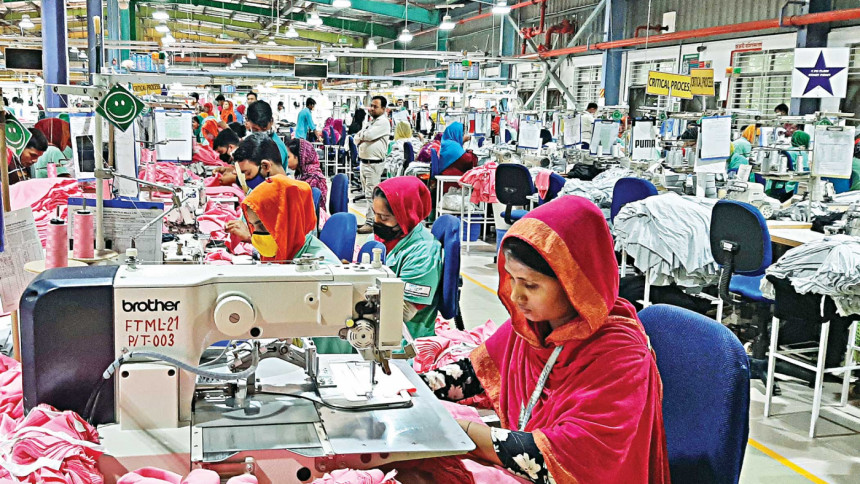
ILO launches pilot employment injury scheme
23 Jun 2022
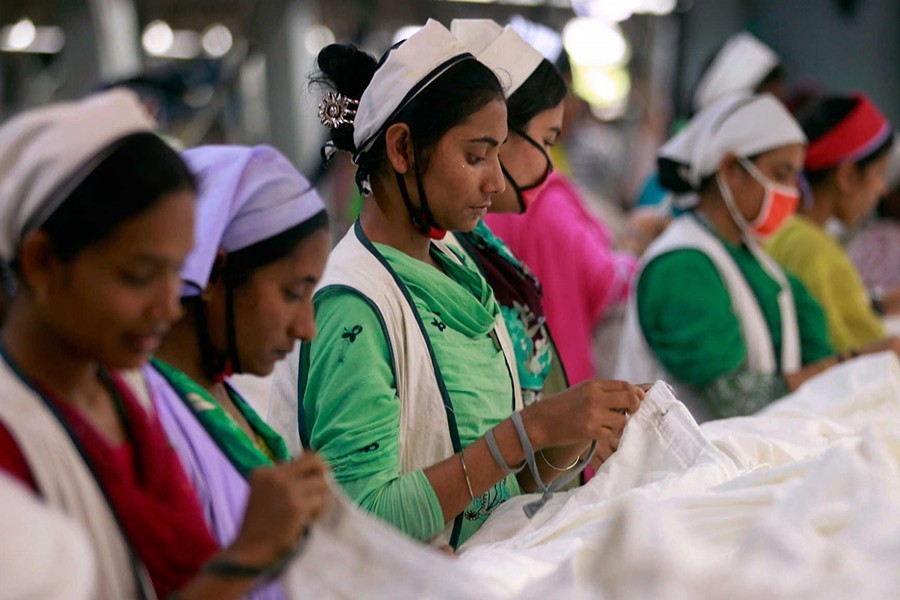
Injury insurance scheme for RMG workers launched
22 Jun 2022
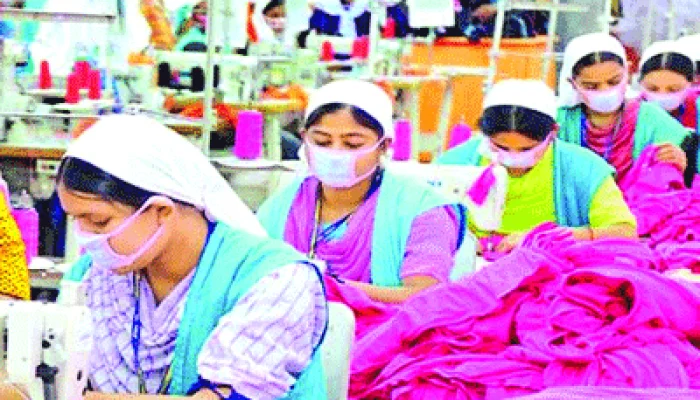
জুলাইয়ে পোশাক শ্রমিকদের এমপ্লয়মেন্ট ইনজুরি স্কিম
09 Jun 2022
গোলটেবিল ক্রোড়পত্র: শ্রমিকের সামাজিক নিরাপত্তা
25 Mar 2022
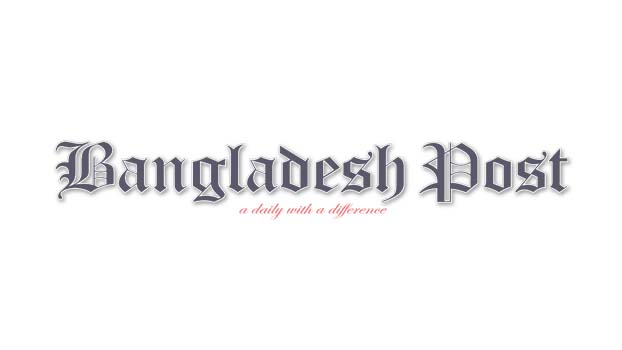
No compensation for most workplace deaths
26 Aug 2021

অর্থনৈতিক অগ্রগতিতে বাংলাদেশ প্রতিশ্রুতিশীল
10 Aug 2021
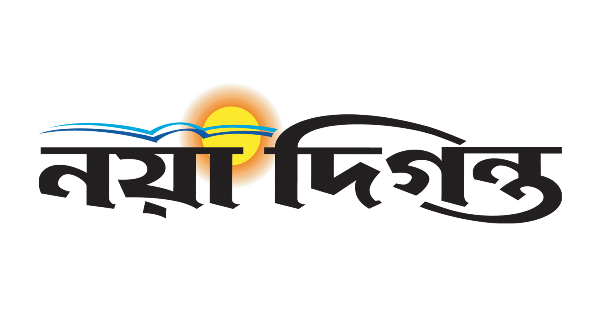
শ্রমিক সুরক্ষায় প্রয়োজন সামাজিক বীমা
28 Apr 2021

শ্রমিকের পেশাগত স্বাস্থ্য ও নিরাপত্তা প্রসঙ্গে
28 Apr 2021

শিল্প দুর্ঘটনায় ক্ষতিপূরণের স্থায়ী কাঠামো কত দূর
24 Apr 2021
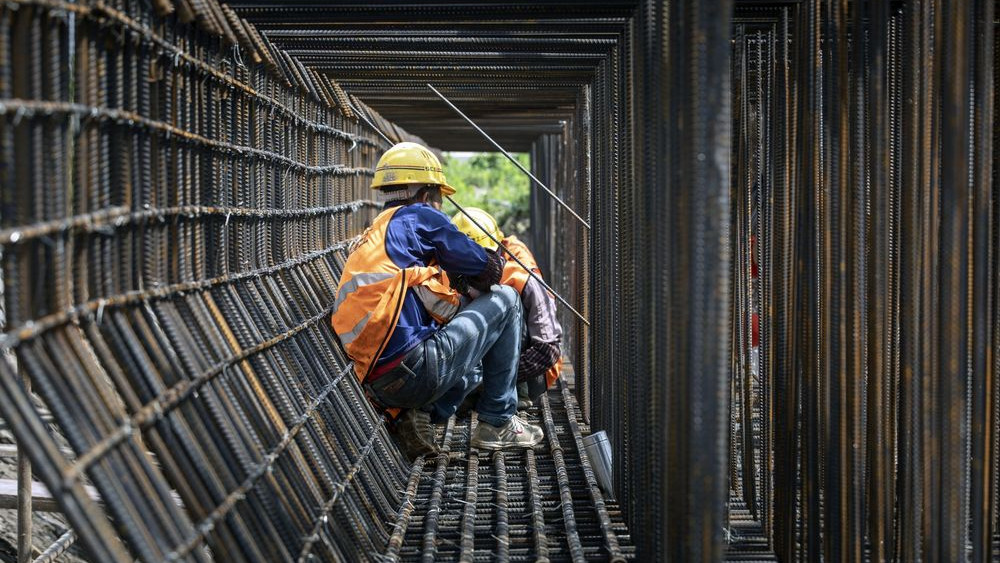
Compensation eludes workplace deaths
11 Apr 2021
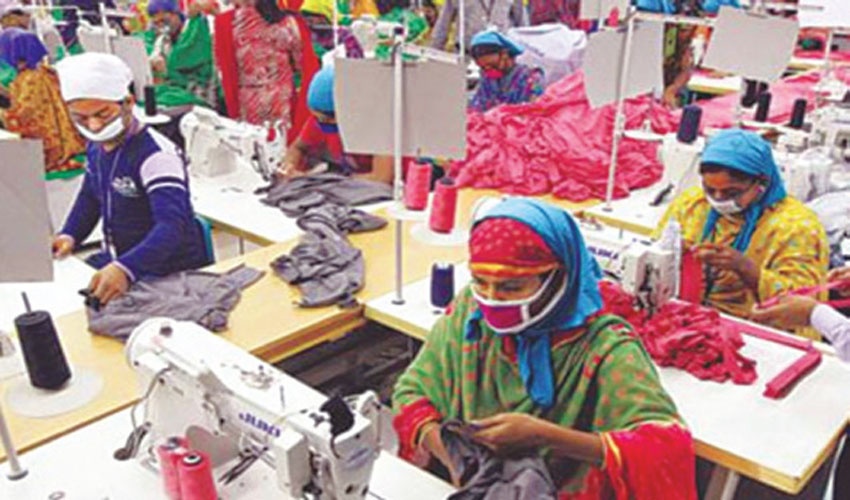
পোশাক শ্রমিকরা বীমা সুবিধায় আসছেন
27 Mar 2021
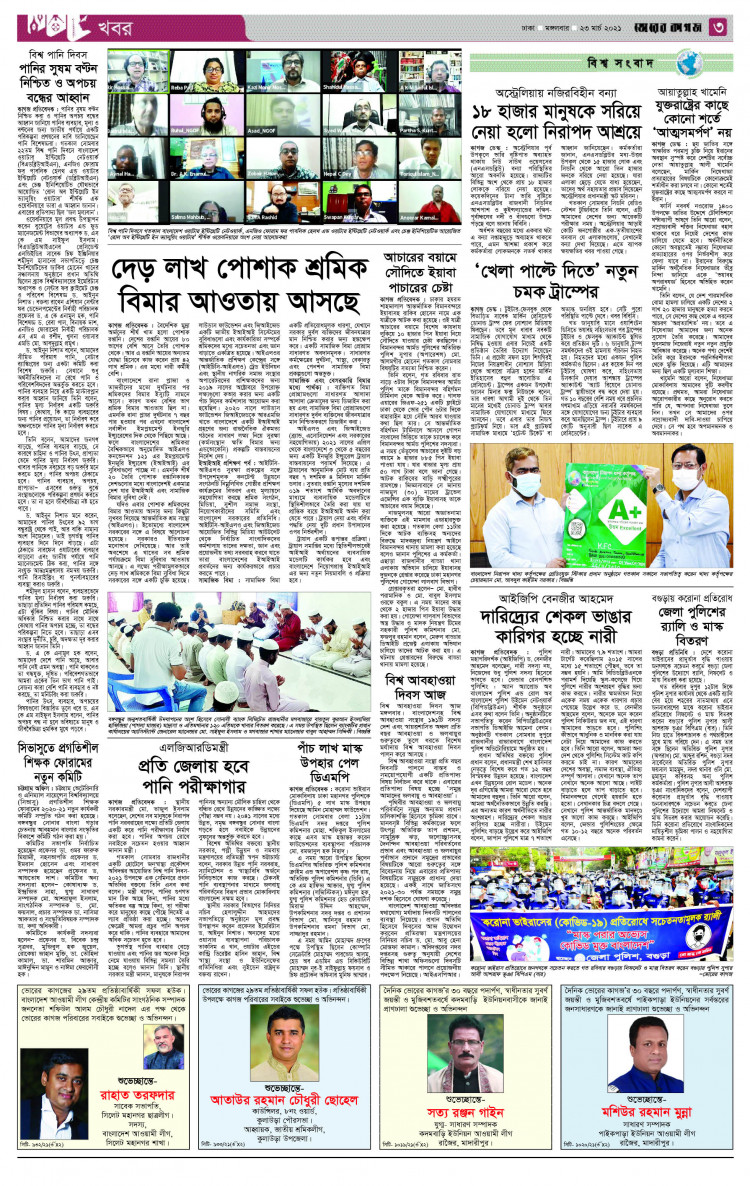
দেড় লাখ পোশাক শ্রমিক বীমার আওতায় আসছে
23 Mar 2021
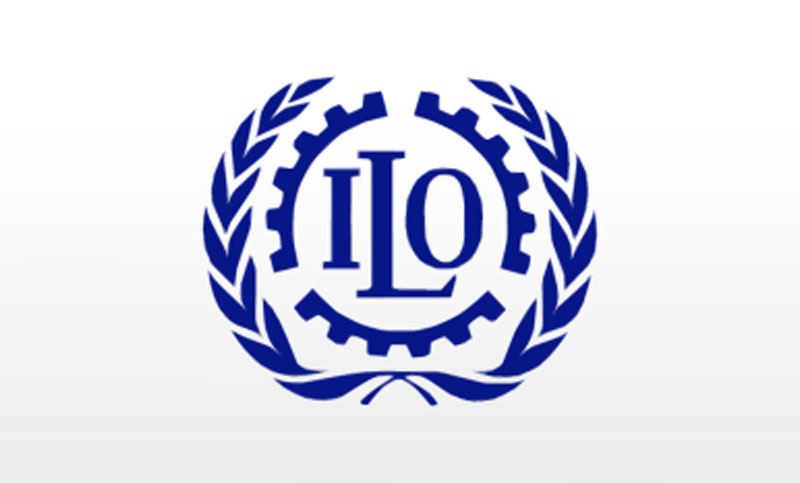
বীমার আওতায় আসছেন দেড় লাখ শ্রমিক
26 Feb 2021
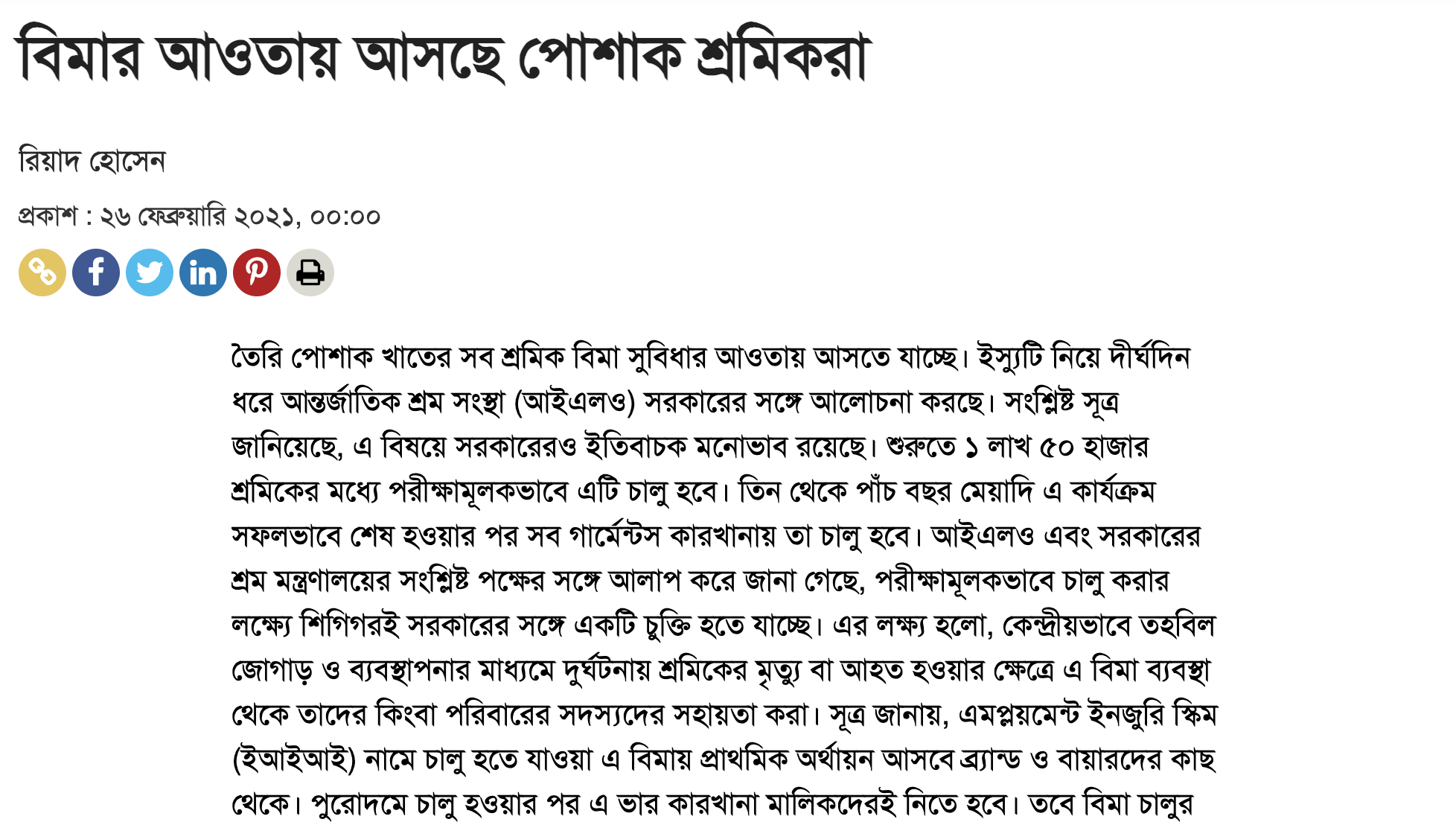
বিমার আওতায় আসছে পোশাক শ্রমিকরা
26 Feb 2021
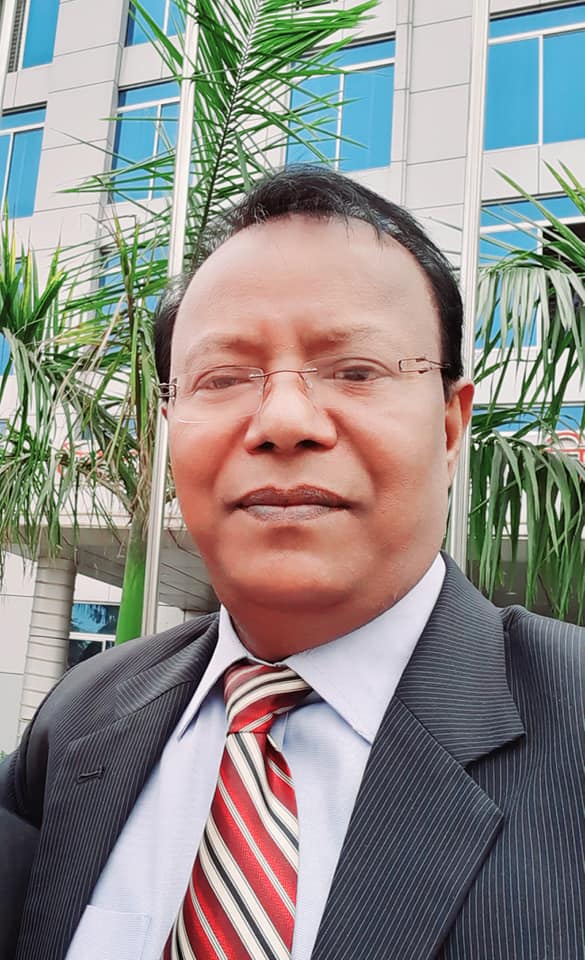
শ্রমিকের মৃত্যুজনিত ক্ষতিপূরণ প্রসঙ্গে
23 Dec 2020

On behalf of

Implemented by
© Project Shurokkha
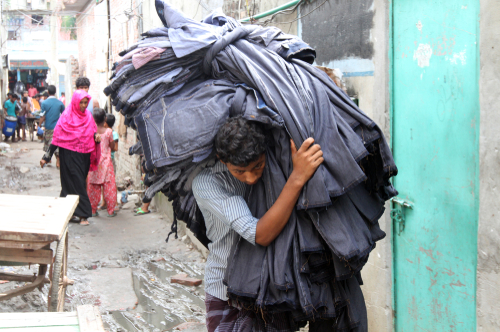
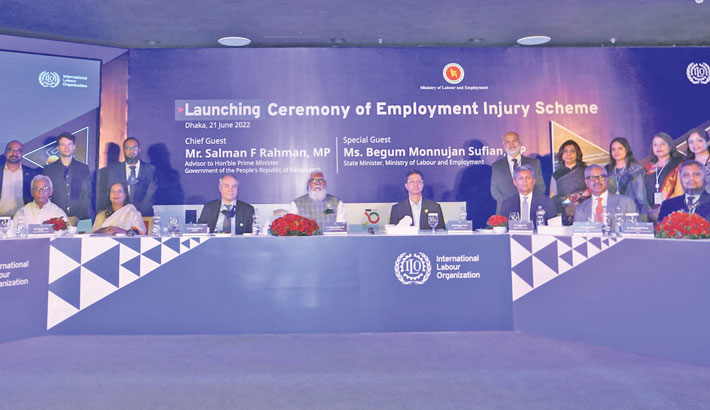
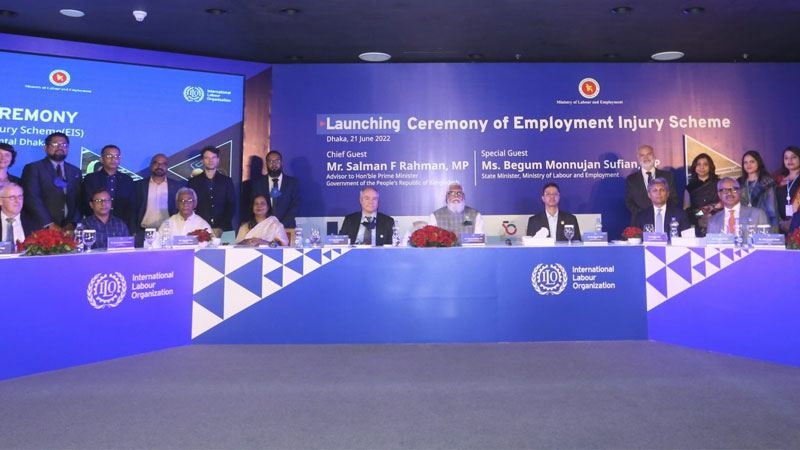
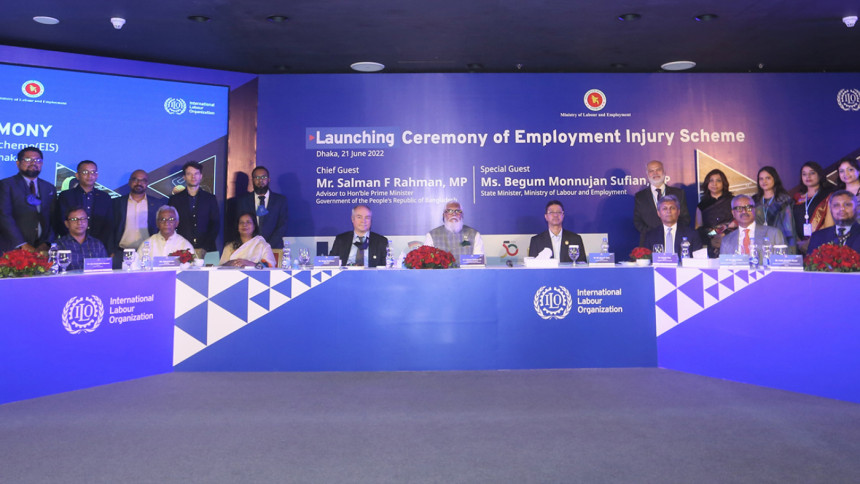
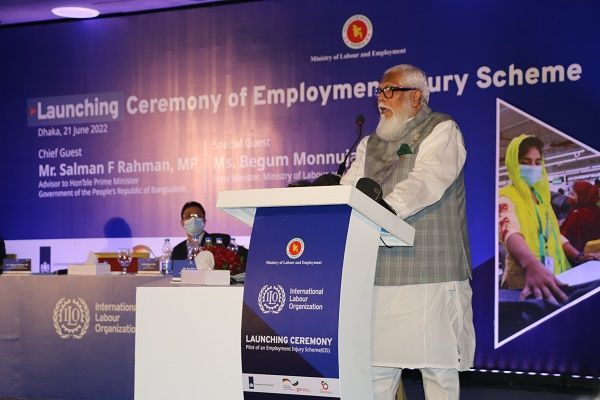
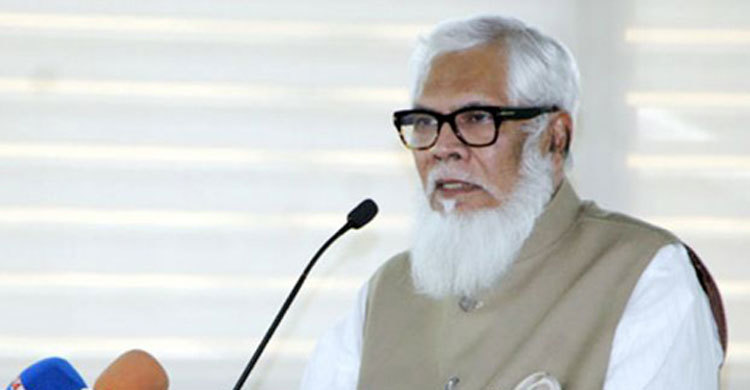
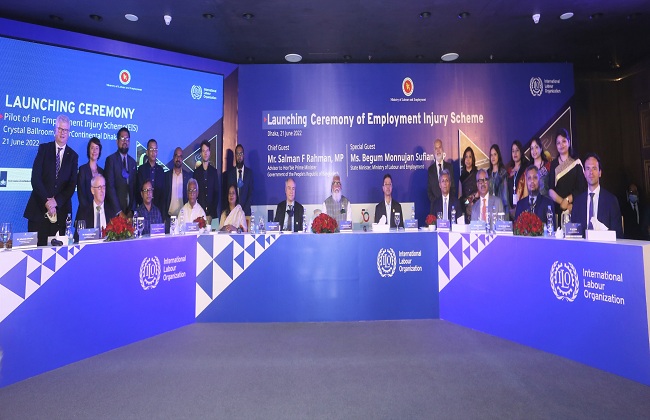
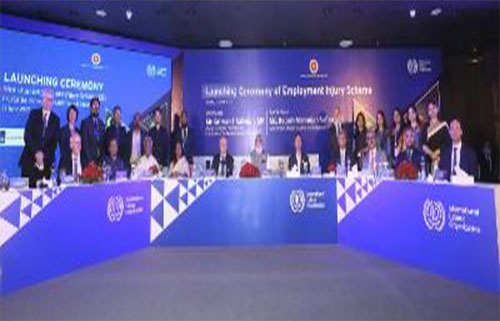
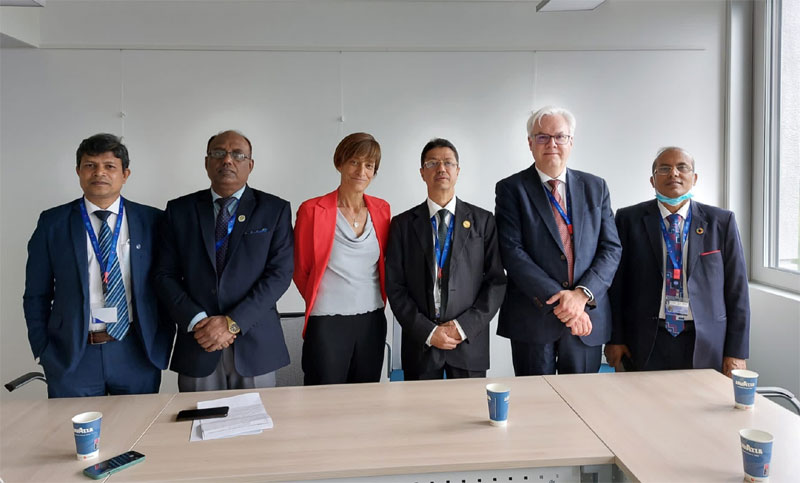
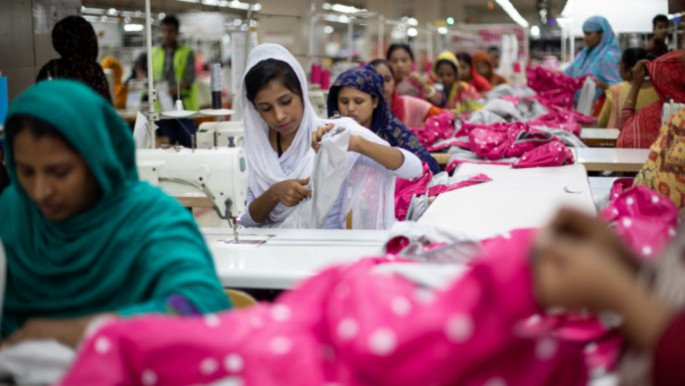
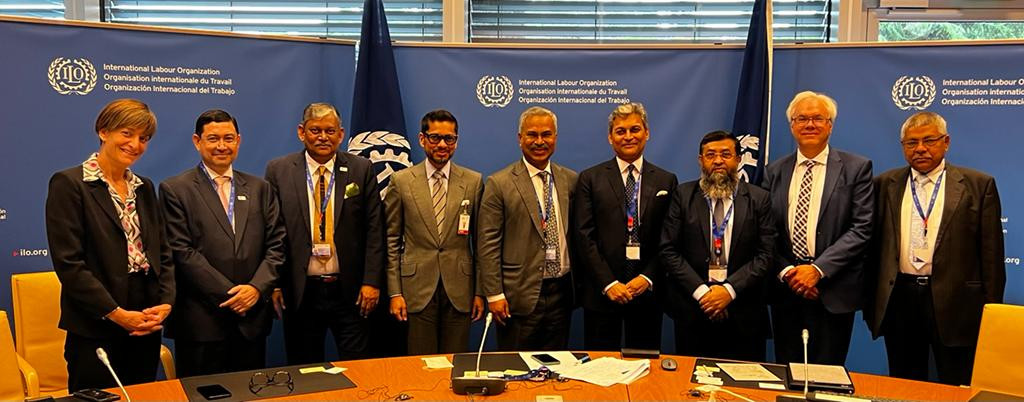
.jpg)
